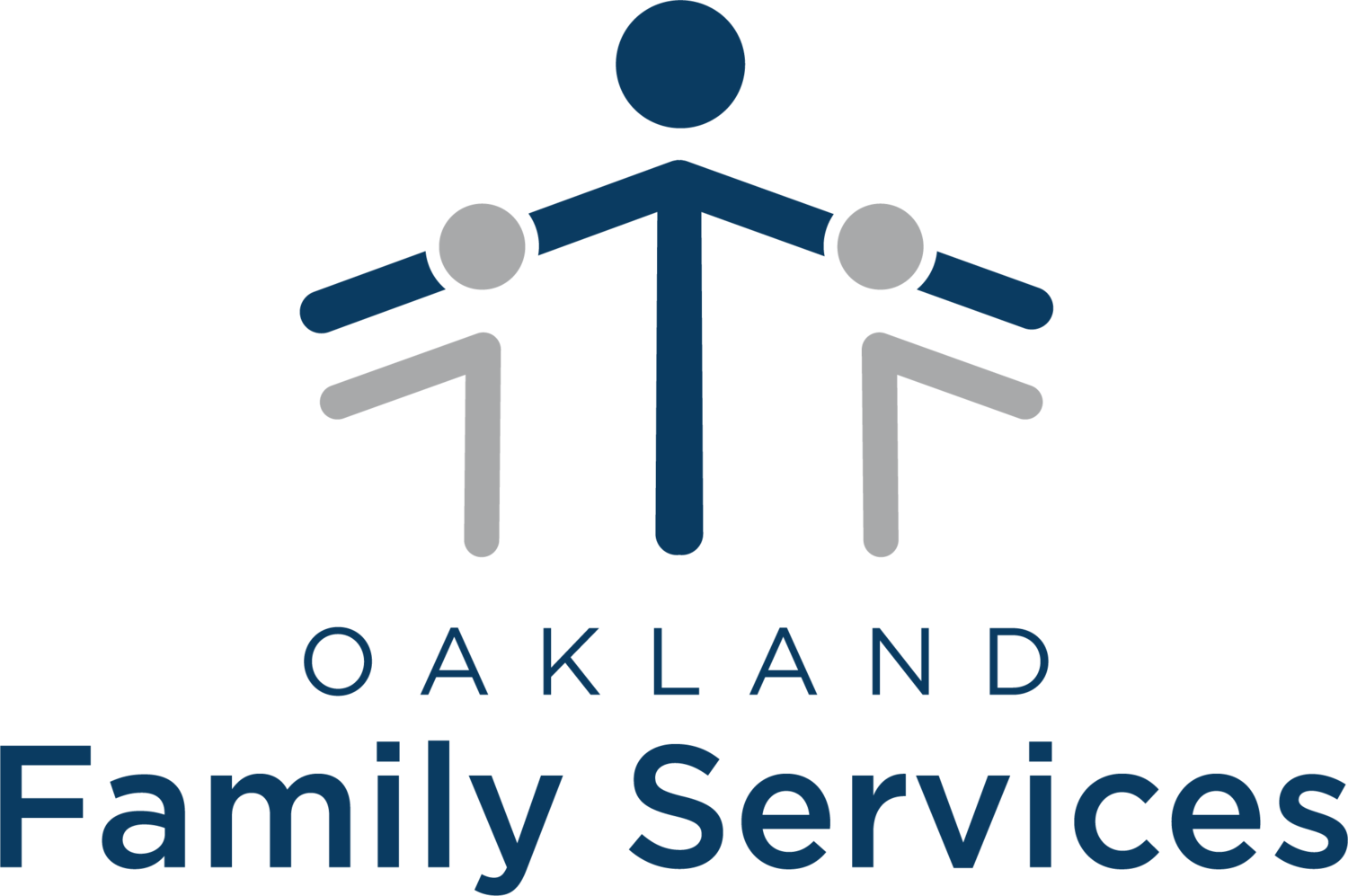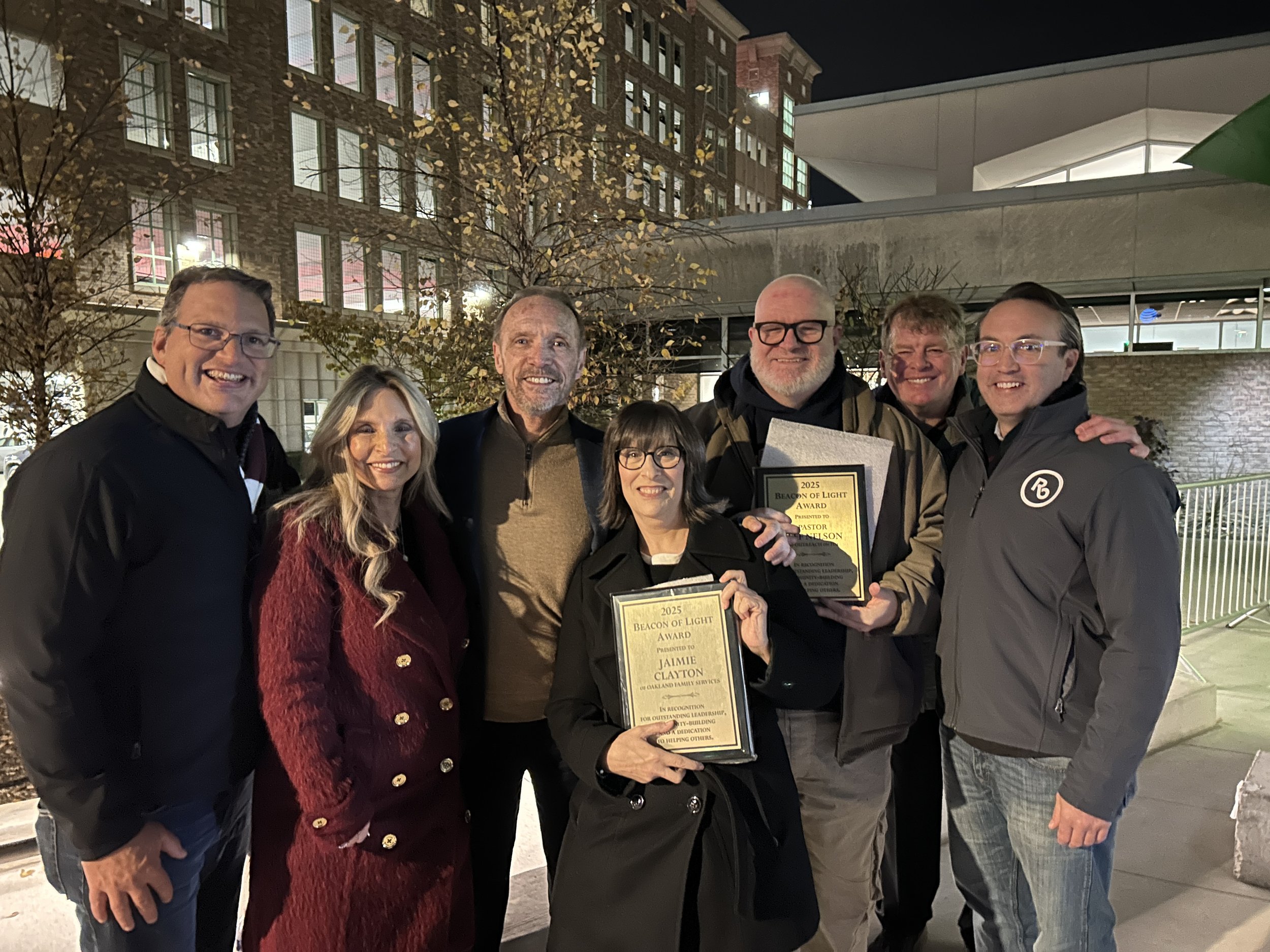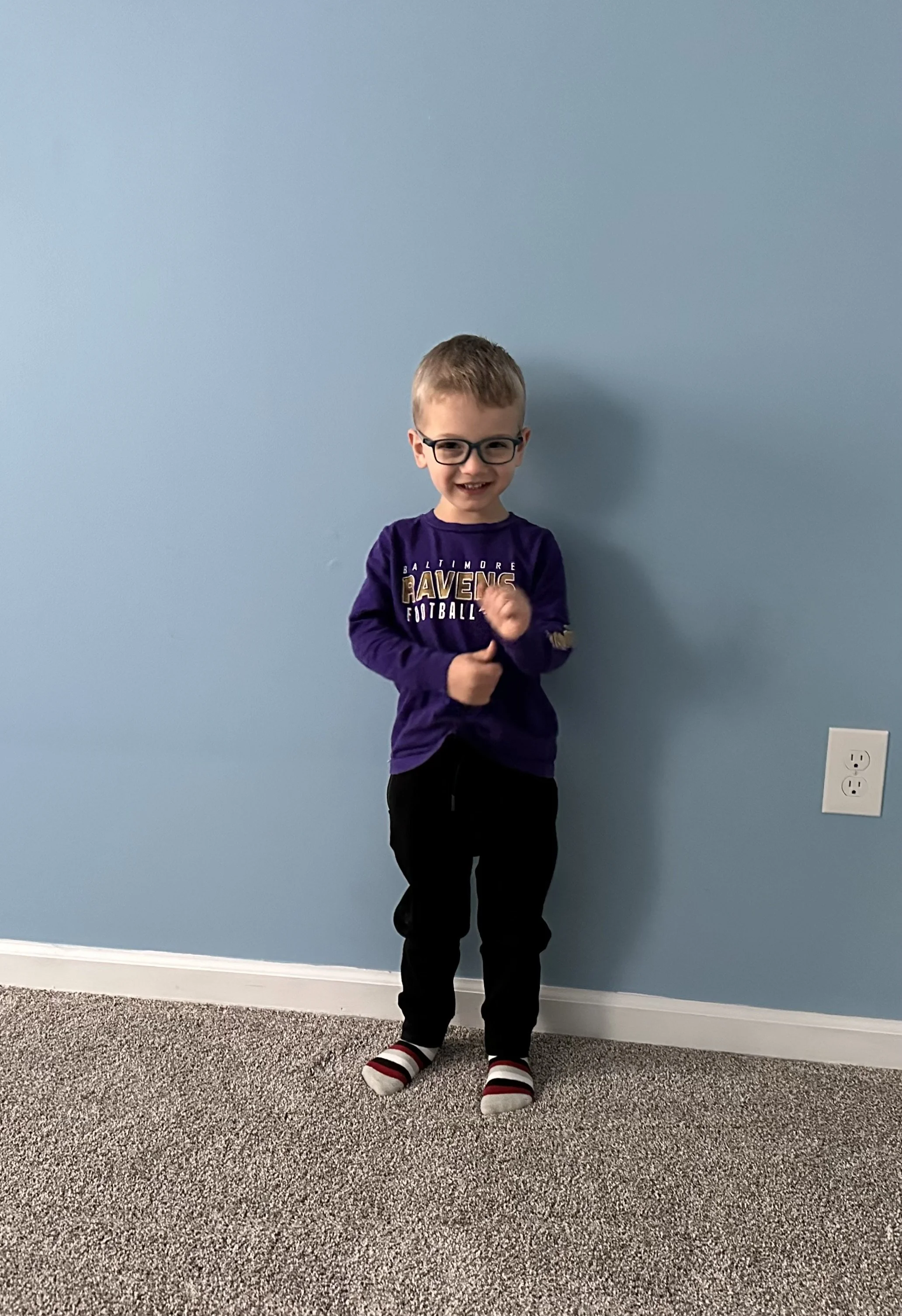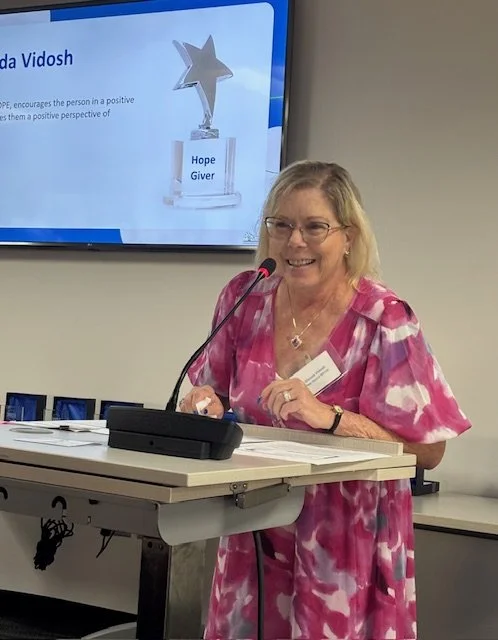Day One gives Jessica tools to achieve mental, physical health
Jessica’s first encounter with Day One was in 2014, when she was court ordered to attend substance use treatment following a DUI.
She was in her early 20s, and looking back, life was “messy.” She was hooked on Xanax and drinking “all the time.” She drove a junky car and would bounce between her mom’s house and friends’ places, with her toddler along for the ride.
“I had this bartending job at night where I was just a mess,” she said. “I would be screwed up at my job. I was just wild. Always spending my money on pills. My kid was fed, and we were OK, but I had no priorities.”
At her lowest point, Jessica was taking about nine 2-mg pills or “ladders” of Xanax a day — way more than the typical dose for an anxiety or panic disorder.
“I see other people who can just be an adult and have a drink, and I’m like, ‘Why can’t that be me?’ And I went back and forth with that for so long, and I was like, ‘Maybe it can be. ... Maybe you can just drink like a normal person.’ And I quickly came to realize that no, I cannot.”
“I was definitely very much in denial at first about where I was at with things,” she said. “I thought the DUI was just wrong place, wrong time, making excuses for myself.”
As she began mandated therapy through Day One, she was also required to undergo regular drug and alcohol testing. She stopped taking pills but would try to find loopholes and drink up until the last minute she could to pass her breath tests the next day.
“When she began treatment as part of sobriety court, she struggled to have confidence in her ability to overcome her challenges and was holding back on being honest with herself regarding her substance use history,” said Day One Clinician Kym Carlson, MA, LPC, CAADC. “Being honest with yourself and your therapist can be difficult because it often brings up feelings of shame, regret and fear.”
After Jessica missed a breath test, the judge put her on an alcohol tether. She kept up with therapy at Day One, and one day something clicked.
“I don’t know what it was, but all of a sudden, there was a shift in my thinking,” she said. “I started really taking it seriously.”
Jessica found a new outlet in going to the gym and dropped weight fast without calories from alcohol. She had been court ordered to obtain her GED, and after that she was “on a roll” and started college courses. She finished up her probation and continued counseling at Day One for a couple years. When she felt ready to stop therapy, Kym told her she could always come back if she needed to.
“I was so proud of being sober,” she said. “I can’t necessarily say that I even thought that I would ever drink again.”
For a few years, life was good. Jessica earned her associate’s degree in social work and worked with troubled youth, then in a rehabilitation center for adults with memory loss.
Four years into sobriety, in late 2018, she had a setback.
“I think my motivation behind it was I see other people who can just be an adult and have a drink, and I’m like, ‘Why can’t that be me?’” she explained. “And I went back and forth with that for so long, and I was like, ‘Maybe it can be. You’re not in your early 20s anymore. You’re not taking pills. Maybe you can just drink like a normal person.’ And I quickly came to realize that no, I cannot.”
For about a year, Jessica played around with alcohol.
“I learned quickly through that year that I definitely still have a control problem,” she said. “Once I start anything, I can’t stop. I can easily drink a gallon of water because if it’s in front of me, I’ll use it. Something told me, ‘You need to go talk to Kym. She told you that if you ever needed to come back, you could.’ And I definitely did.”
A Brighter Future
When Jessica returned to Day One, Kym helped her be honest with herself and turn things back around.
“She doesn’t hesitate to tell me when something is not right,” Jessica said. “I was battling with wine and other types of alcohol, too, and was trying to sugarcoat it. Kym was like, ‘I don’t think this is a good idea.’”
With the help of therapy, Jessica threw herself into recovery and exercise, earning a certification in dance fitness and taking care of both her body and her mind. Through her gym, she connected with a new group of friends that doesn’t revolve around alcohol. She still sees some of her old friends, but in small doses.
“I’ve had to really love some of those people from afar,” she said. “Set a lot of boundaries, not go and do certain things with these people outside of maybe going to dinner or something like that. Those situations and those people were not where I needed to be.”
Kym said, although difficult at first, Jessica decided to “trust the process” in pursuing healthy friendships.
“Something told me, ‘You need to go talk to Kym. She told you that if you ever needed to come back, you could.’ And I definitely did.”
“Initially she had concerns it would not be possible to make new friendships and that healthy individuals her age would be hard to come by,” Kym explained. “After Jessica began focusing on what her own goals and values were — fitness and community support — she developed relationships with others she came across who were like-minded, goal-oriented individuals. Pursuing healthy goals instead of pursuing the next high became normalized, and Jessica now has a growing network of friends and peers that reinforce and support her growth.”
Day One has been there to support Jessica all along. In total, she has worked with five different clinicians since first walking through Oakland Family Services’ doors in 2014 — Kym, three others who led treatment groups during her court-ordered therapy, and a fifth clinician who is working with her son, now 12, to tackle the challenges of middle school.
Jessica believes therapy has made her a better mom. She has regrets when she looks back on her son’s early life, when they were couch-surfing and she was struggling with Xanax and alcohol.
“I still carry it, but I have the resources to address it and identify it and work through certain things,” she explained. “That’s not to say the guilt isn’t still there, but I have tools and insight to look at things in a different way than I would have before.”
The connection between mental and physical health remains important in Jessica’s life and career. In 2021, she began working at Common Ground as a crisis-line worker for the Common Ground Crisis Line and 988 Suicide & Crisis Lifeline. She now works in a supervisory position there and often refers local callers to Oakland Family Services.
In 2022, she earned her American Council on Exercise Personal Trainer Certification and began instructing fitness classes.
“Since I started at Day One, I’ve really been pulled in the fitness direction of taking care of the body and mind,” Jessica said. “I’ve learned there are so many ways to integrate mental health and fitness.”
Kym said allowing herself to identify and experience difficult emotions was key to Jessica’s processing and healing.
“Where shame once lived, now there is self-compassion and forgiveness, but also accountability,” Kym said. “Jessica has done things she never thought possible and has grown to be an agent of change for her own life. I am so, so proud of her.”
Are you looking for help with a substance use disorder or mental health issue? Click here for more information about Day One: A Program of Oakland Family Services.































